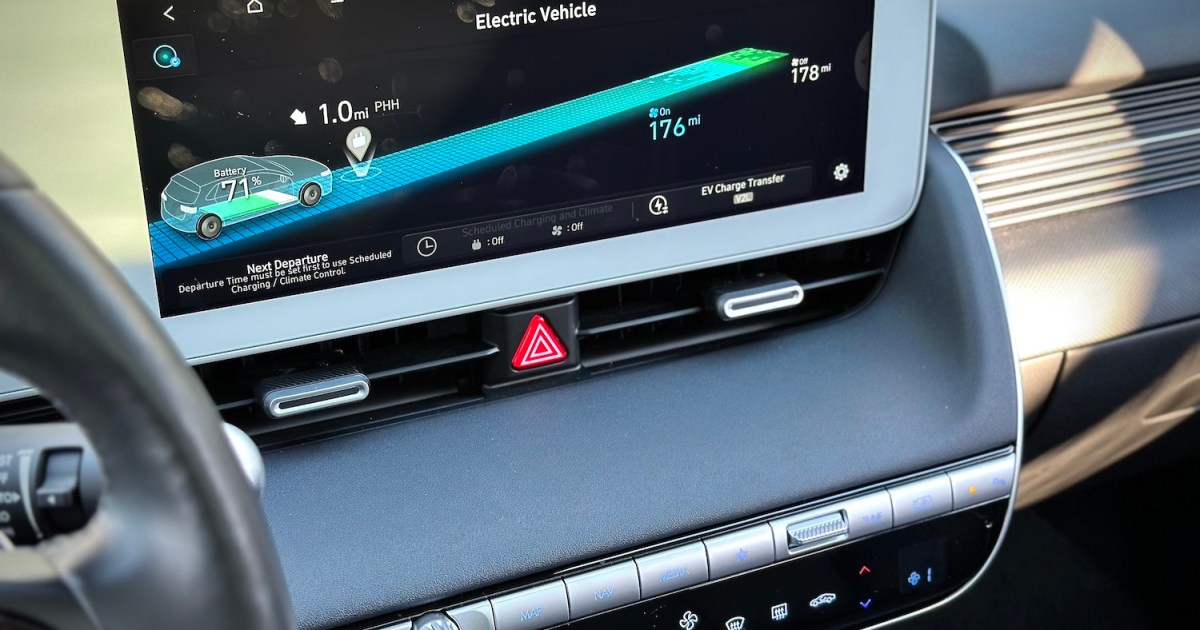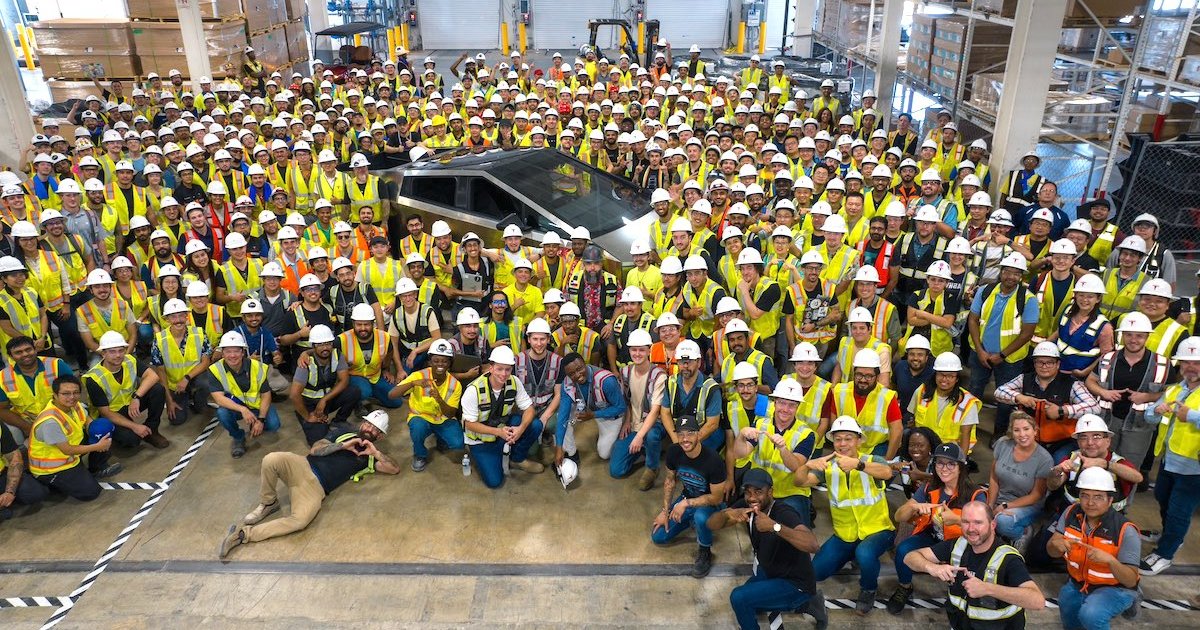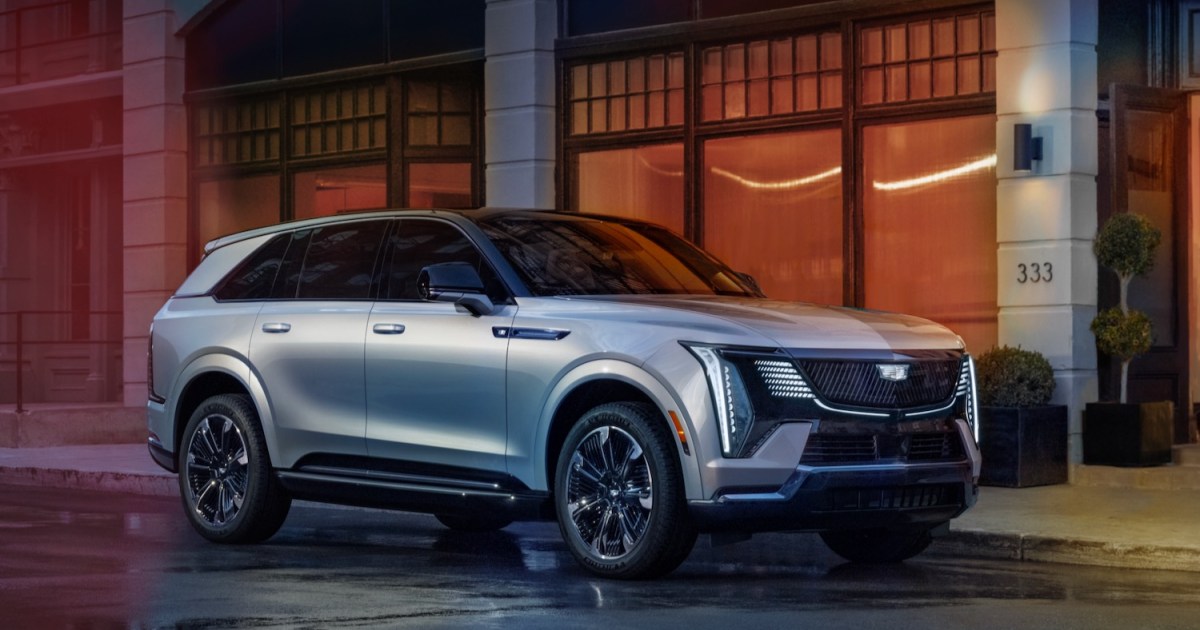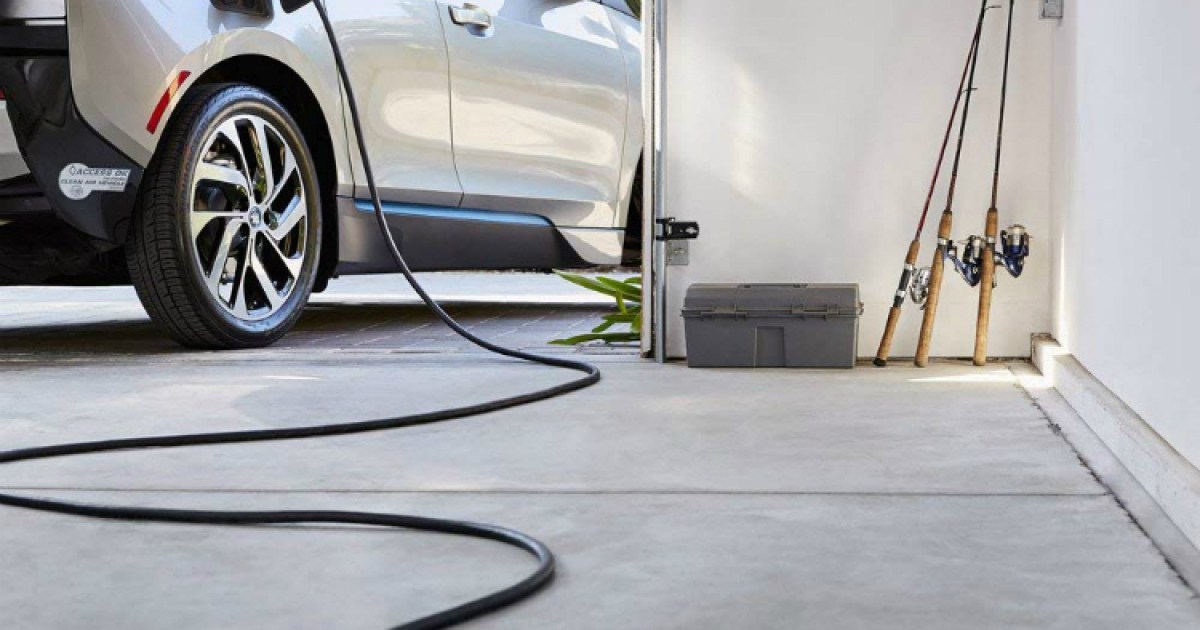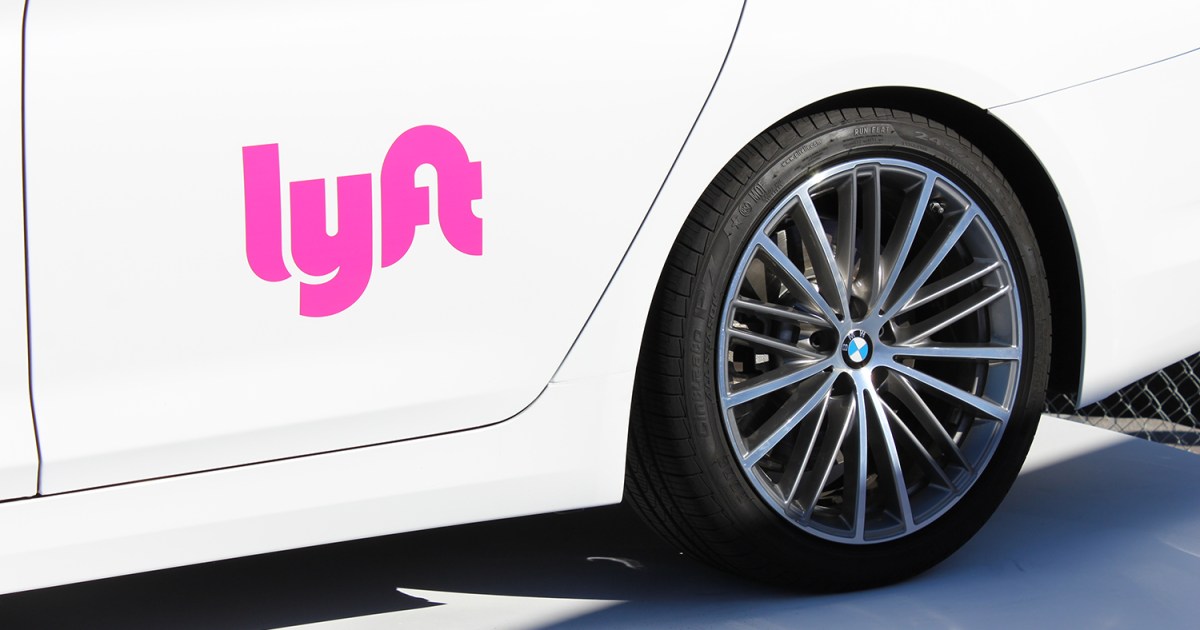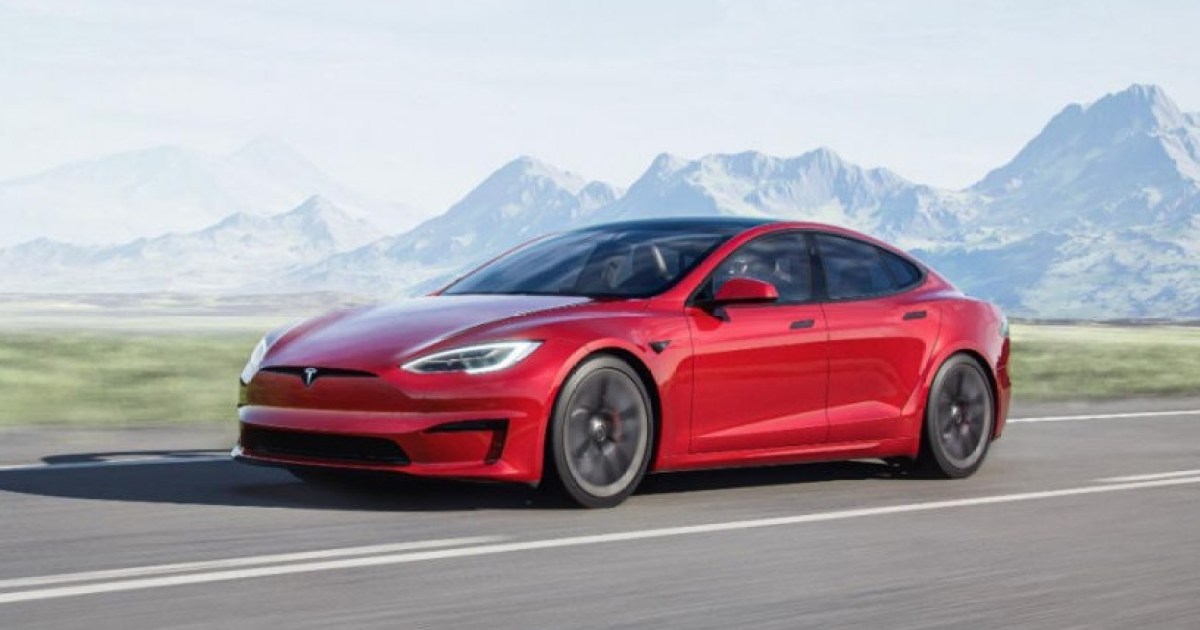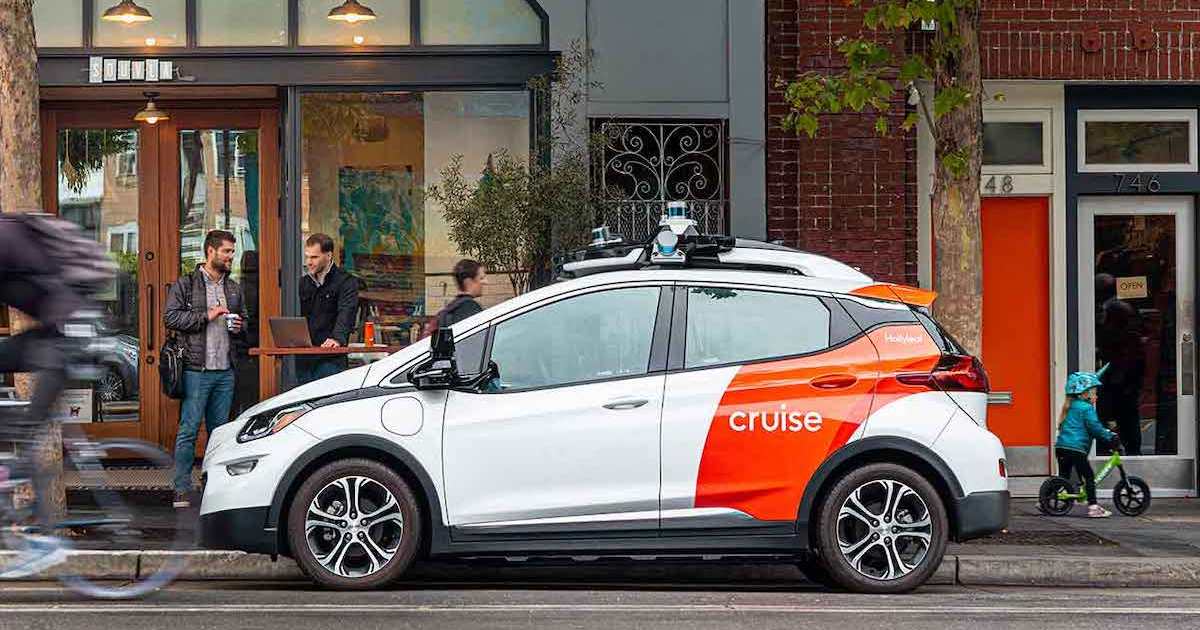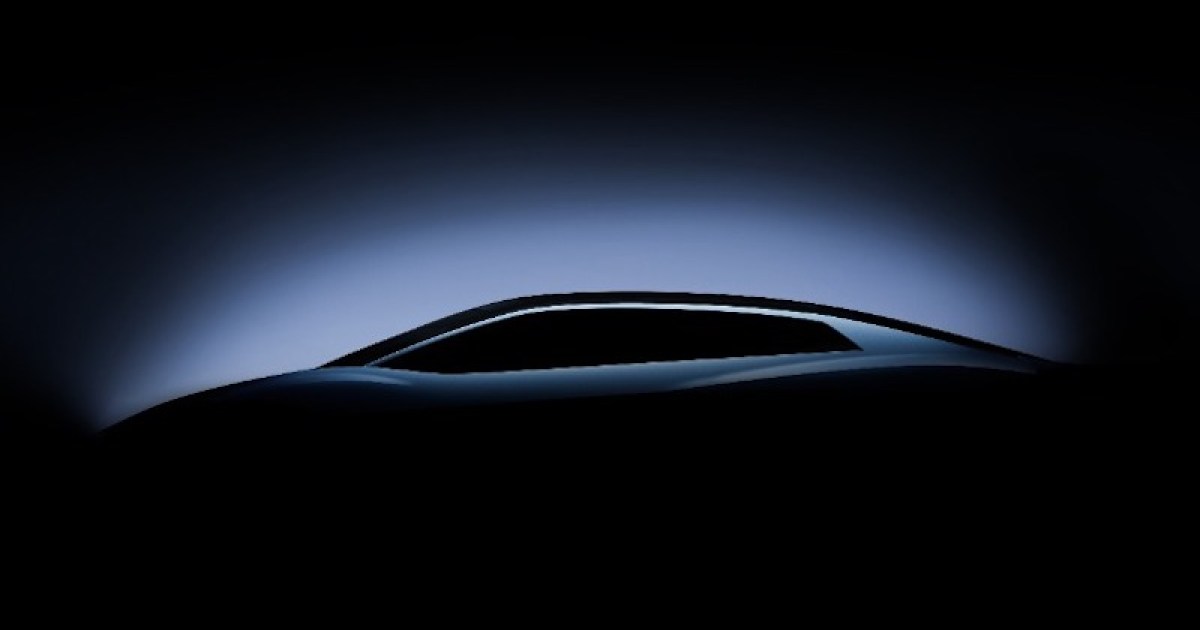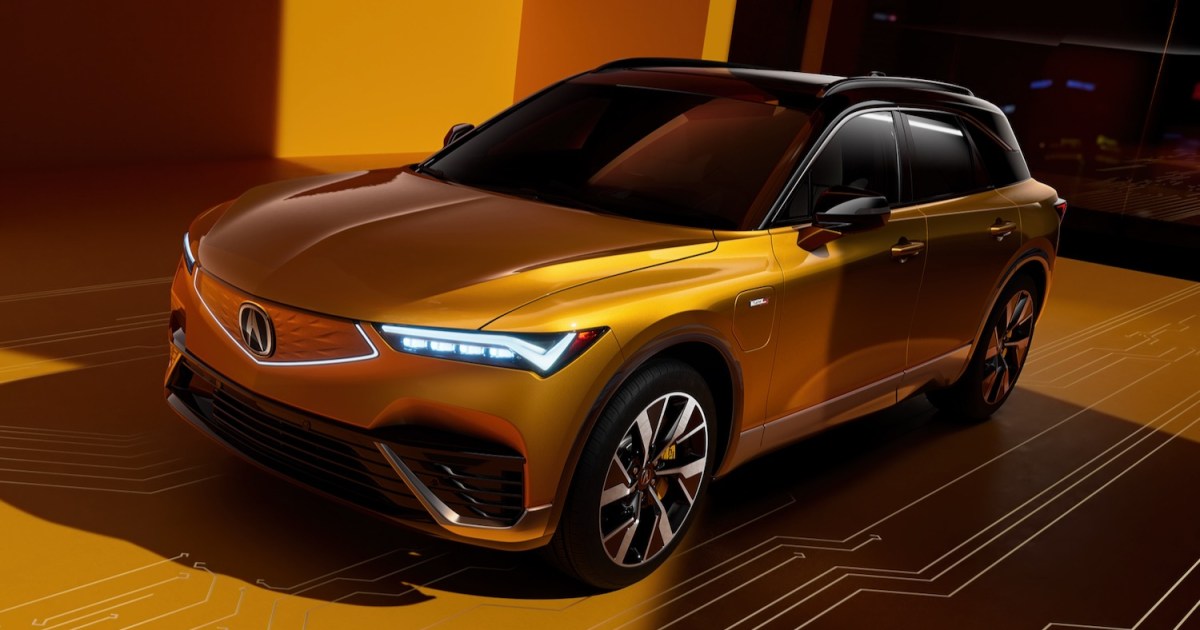EVs are gaining popularity, but public charging remains a significant hurdle. Concerns about charger availability, speed, and cost deter many potential buyers. However, a game-changing alliance of automakers is poised to address these challenges and accelerate EV adoption.
BMW, General Motors, Honda, Hyundai, Kia, Mercedes-Benz, and Stellantis have joined forces to invest in a network of 30,000 EV chargers across North America. This ambitious project aims to alleviate charging anxieties and pave the way for a smoother transition to electric mobility.
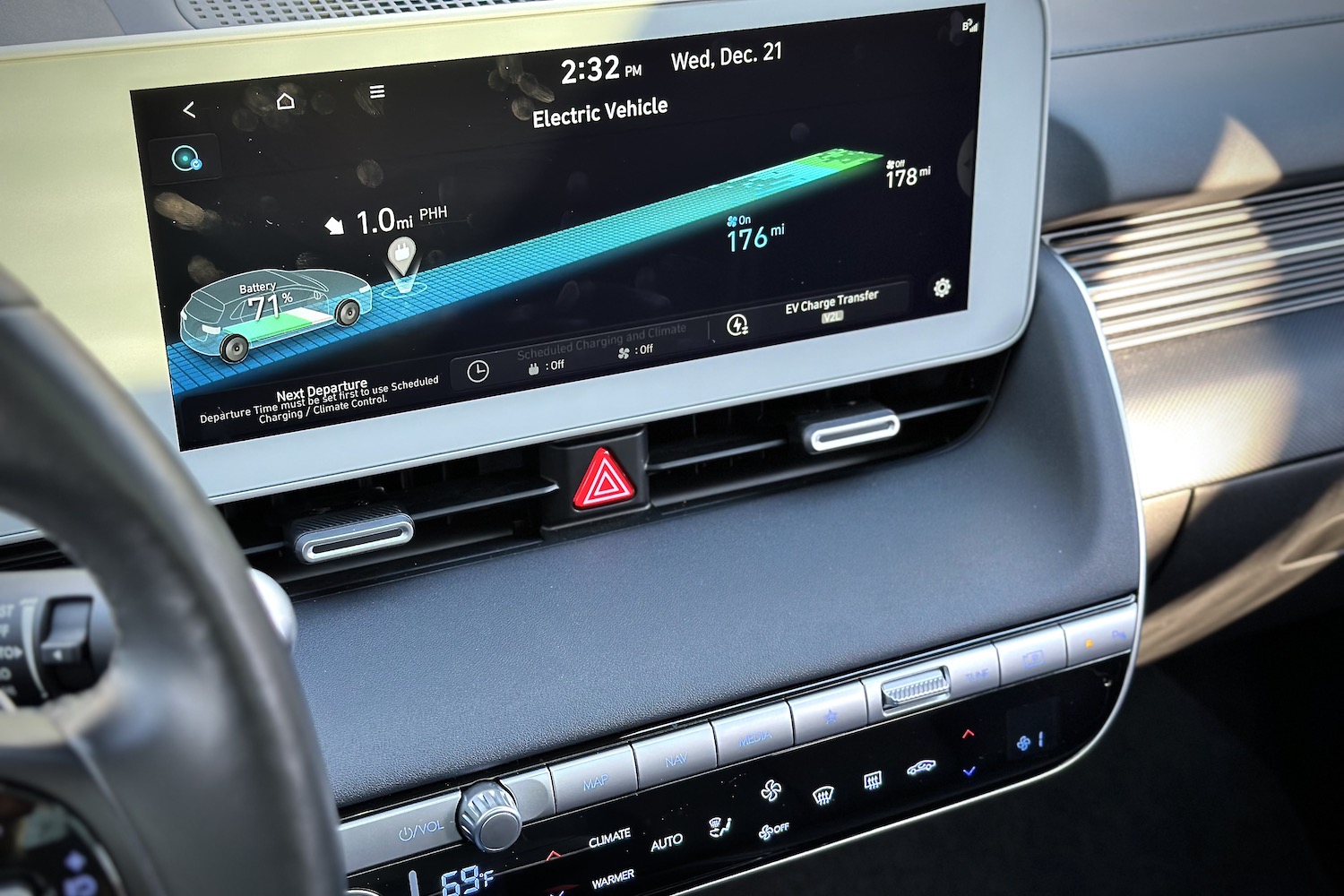 2022 Hyundai Ioniq 5 Limited AWD close up of central touchscreen.
2022 Hyundai Ioniq 5 Limited AWD close up of central touchscreen.
Starting in summer 2024, these new charging stations will be accessible to all EV brands, not just those within the consortium. This inclusive approach underscores the collaborative spirit driving this initiative. The chargers will be fast charging, featuring both CCS and NACS connectors. The inclusion of NACS, Tesla’s connector, is particularly significant given its growing adoption by other automakers. This compatibility ensures a seamless charging experience for a wider range of EV drivers.
This expansion will nearly double the number of fast chargers available, addressing a critical need in the burgeoning EV market. The strategic placement of these chargers is equally crucial. The consortium plans to prioritize high-traffic areas and key travel routes, ensuring convenient access for EV owners.
Furthermore, these charging stations will offer more than just electricity. Many locations will include amenities like restrooms, food options, and retail stores, mirroring the convenience of traditional gas stations. This enhanced experience will make EV charging more comfortable and appealing for drivers.
While 30,000 chargers represent a significant increase, it’s important to acknowledge the ongoing need for further expansion. Current estimates place the number of available chargers in the U.S. at slightly above 30,000. Even after doubling this figure, the charging infrastructure will still need to grow to accommodate the projected increase in EV adoption.
Nevertheless, this joint venture marks a monumental step towards a more robust and accessible EV charging network. By collaborating, these automakers are demonstrating a commitment to the future of electric mobility and removing a major obstacle for potential EV buyers. This open and collaborative approach to charging infrastructure is essential for the continued growth of the EV market. This is a win for all EV drivers, and a vital step in the ongoing EV revolution.



